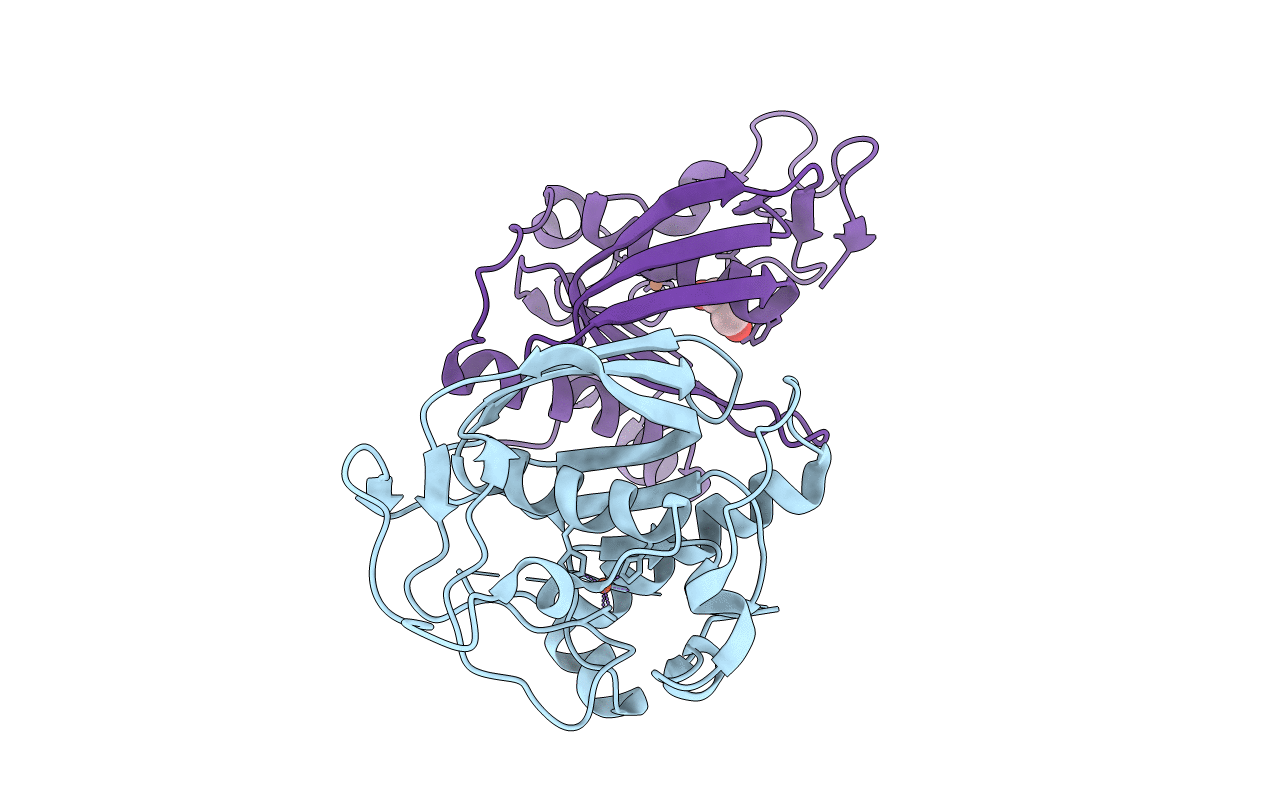
Deposition Date
2002-04-30
Release Date
2003-06-24
Last Version Date
2023-11-15
Entry Detail
PDB ID:
1LM4
Keywords:
Title:
Structure of Peptide Deformylase from Staphylococcus aureus at 1.45 A
Biological Source:
Source Organism(s):
Staphylococcus aureus (Taxon ID: 1280)
Expression System(s):
Method Details:
Experimental Method:
Resolution:
1.45 Å
R-Value Free:
0.2
R-Value Work:
0.17
Space Group:
P 21 21 21


